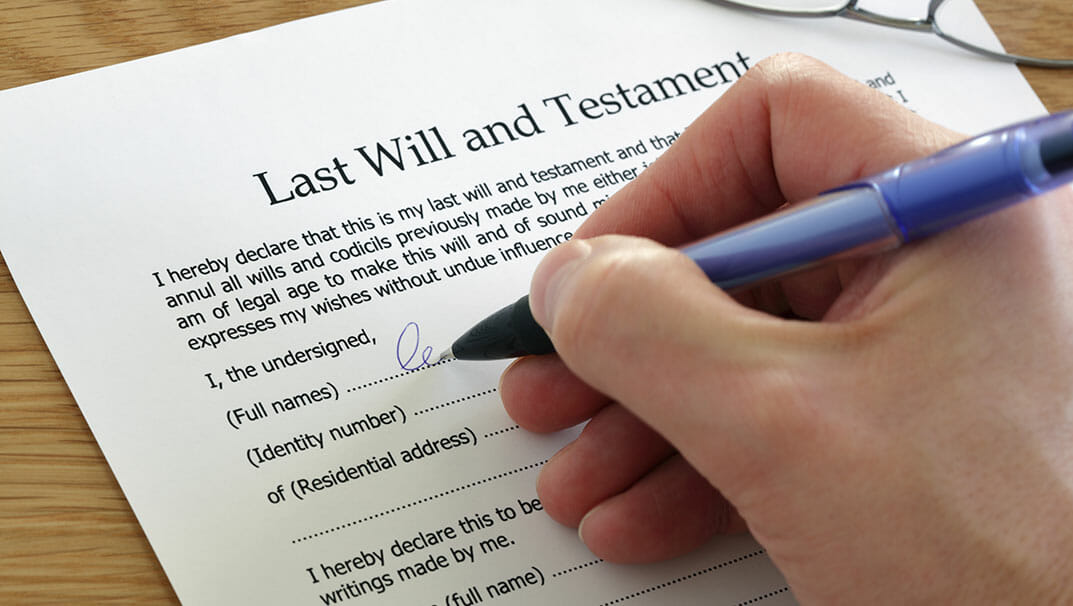“Discharge” and “dismissal” may sound related, but in terms of bankruptcy, they are very dissimilar.
From a debtor’s point of view, a discharge is always a good thing. Creditors are permanently prohibited from taking any form of collection action on discharged debts, including contact with the debtor by mail, phone or otherwise, filing or continuing a lawsuit, attaching wages or other property, or any other action to attempt to collect a discharged debt. Secured creditor, however, may have the right to enforce a valid lien, such as a mortgage or security interest, against a debtor’s property after the bankruptcy; however, the exception is that 11 U.S.C. Section 522(f) permits a debtor to avoid (or cancel) a lien against certain household property. It is important to be aware that some debts are not discharged, such as most taxes, maintenance, child support and other domestic support obligations, student loans, and fines, penalties or criminal restitution obligations
A dismissal, on the other hand, is usually viewed as a bad thing because it wasn’t part of the plan. Every person is different and every case is different. While there are occasional instances when changes in circumstances can render a dismissal as good for the debtor, it is most often something to be avoided.
 The bankruptcy process is a complicated one. Deciding whether to file, which chapter to seek relief under, and how to properly complete the forms are just some of the many roadblocks to be navigated. To make the most informed decisions for your circumstances, consult the KY bankruptcy dismissal attorneys at Bunch & Brock. Based in Lexington, we have over 35 years of experience advising people throughout Kentucky about how to best address their situation. If you are burdened with debt, you need the calm competence of a skilled legal team in your corner. Contact us to schedule a consultation. Call 859-254-5522 or fill out this online form.
The bankruptcy process is a complicated one. Deciding whether to file, which chapter to seek relief under, and how to properly complete the forms are just some of the many roadblocks to be navigated. To make the most informed decisions for your circumstances, consult the KY bankruptcy dismissal attorneys at Bunch & Brock. Based in Lexington, we have over 35 years of experience advising people throughout Kentucky about how to best address their situation. If you are burdened with debt, you need the calm competence of a skilled legal team in your corner. Contact us to schedule a consultation. Call 859-254-5522 or fill out this online form.
Reasons for Dismissal
If the court dismisses your case, it will issue you a notice that lists the grounds for dismissal. Most commonly, a bankruptcy is dismissed due to ineligibility or failure to carry out responsibilities. For example, if a case falls outside of the legal framework of the type of bankruptcy that is filed, it will be dismissed. This often occurs when a debtor files for Chapter 7 bankruptcy protection, but has too much income to pass the means test. The bankruptcy means test compares the debtor’s average income for the six-month period prior to filing against the median income for a similar household in Kentucky.
Failure to disclose all income, assets, and debts to the bankruptcy court can not only result in dismissal, it can also be construed as fraud. Because bankruptcy papers are signed under penalty of perjury, any fraudulent activity may result in fines, jail time, or a ban on future bankruptcy filings. Falling behind in the payments that are laid out in a Chapter 13 repayment plan and not making alternative compensation arrangements with the bankruptcy trustee may also serve as a basis for dismissal.
There are many procedural steps that, if not properly executed, can necessitate dismissal. An approved credit counseling class must be taken within 180 days before filing for bankruptcy. The certificate stating satisfactory completion must be filed along with all other required bankruptcy forms during the proper timeframe. The court’s filing fee must be paid. Anyone who can’t afford the fee can petition for a fee waiver or to pay the fee over time. If the waiver or installment plan is not approved and you don’t pay, the case will be dismissed. Failing to provide documents reasonably requested by the trustee, failing to attend the meeting of creditors, failing to meet filing deadlines, and submitting incomplete paperwork are all risks for case dismissal.
After Dismissal
If a bankruptcy case is dismissed, it means the bankruptcy is void. The automatic stay that prevents collection is lifted and creditors can immediately return to their collection actions and proceed with attachment of property, wage garnishment, and any other lawful means of collection. If the dismissal is for failing to comply with a filing requirement, you may be able to reopen your case by following court instructions to fix the issue (and paying another filing fee). If the motion for reinstatement cannot be filed quickly after dismissal, it may be possible to refile at a later date.
Conversion
A debtor who files under Chapter 7, but cannot pass the means test may be a candidate for converting his or her case to a Chapter 13 bankruptcy. Other reasons a debtor may wish to convert from liquidation to reorganization include dealing with a special creditor or preserving a certain asset. Unanticipated developments after a Chapter 7 case is filed can make conversion a sensible choice. More commonly, Chapter 13 cases are converted to Chapter 7 cases because debtors experience a change in financial circumstances that leave them unable to afford the plan payments or because they now wish to surrender an item that the reorganization bankruptcy was designed to save.
Unless you have already received a Chapter 7 bankruptcy discharge within the last eight years, you can convert your Chapter 13 case to a Chapter 7 case by filing a notice and paying a small conversion fee. Whether you still have to qualify for Chapter 7 depends on the court. Some jurisdictions have held that the means test is not applicable in a conversion, while others require debtors to pass the means test. In the Eastern District of Kentucky, conversion without objection is allowed on a case-by-case basis. Debtors who attempt to take advantage of the bankruptcy system by hiding assets or seeking protection simply to delay creditors can be forced by the court to convert from Chapter 13 to Chapter 7 so that nonexempt assets can be sold to pay creditors.
Let us help
Each bankruptcy district has its own local rules. For questions regarding bankruptcy eligibility, conversion, and dismissal issues, consult the experienced Lexington, KY bankruptcy conversion lawyers at Bunch & Brock. We have guided many people through the bankruptcy process efficiently and effectively. Let us put our knowledge and experience to work for you to make the best plan for eliminating or repaying your debts. We encourage you to contact our office by calling 859-254-5522 or filling out this online form.

Attorney Matthew Bunch
Matt handles complicated bankruptcies and debt restructuring in Chapters 11 and 13 for both individuals and companies. He has also negotiated with multiple creditors on behalf of his clients to avoid bankruptcy. Matt is the firm’s lead litigator and handles contract disputes, certain personal injury claims and general litigation. [ attorney bio ]














